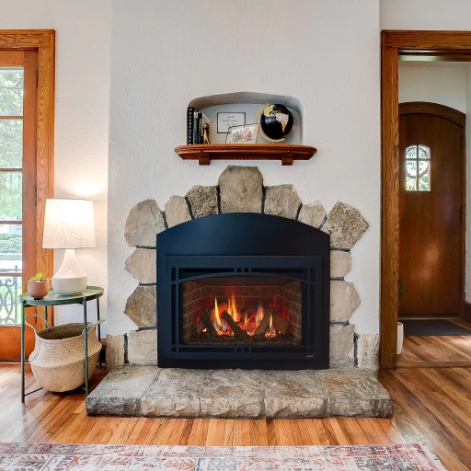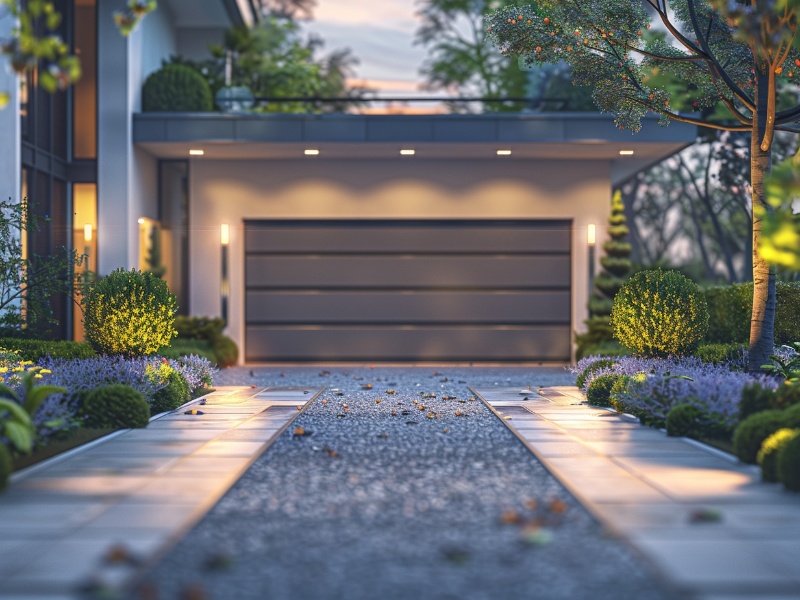Table of Contents
Looking to add a touch of elegance and warmth to your home? Custom-made fireplaces might be the perfect option for you.
The benefits of investing in a personalized fireplace include tailored design, increased efficiency, and long-term cost savings.
Before investing in a custom fireplace, consider important factors such as budget, available space, and building codes.
We will discuss popular styles and materials for custom fireplaces, along with the significance of working with a professional fireplace builder.
If you’re interested in elevating your home with a unique fireplace, keep reading to understand why custom-made fireplaces are worth the investment.
What Makes Them Different?
Custom-made fireplaces stand out due to their unique designs and superior craftsmanship.
These exceptional additions enhance upscale homes.
The personalized features in custom-made fireplaces allow homeowners to customize the design to align with their individual preferences.
This enhances the current decor of their home.
Experienced artisans intricately craft these customized fireplaces, meticulously considering every detail.
The result is a flawless finish that radiates elegance and sophistication.
The flexibility of custom fireplaces permits the incorporation of modern technology.
This blends traditional charm with contemporary convenience in luxurious living areas.
Benefits of Investing in a Custom Made Fireplace
Investing in a custom-made fireplace is a decision that goes beyond finances.
It involves enhancing your living space with a touch of luxury and sophistication.
Personalized Design and Aesthetics
The customization options available with a custom-made fireplace allow for tailoring every detail to align with your interior design vision.
This results in a distinctive focal point in your home.
These personalized fireplaces provide a variety of choices.
You can select materials for the mantel and hearth, and customize the fireplace’s size and shape.
Whether you prefer a modern, rustic, or ornate design, a custom fireplace can be created to mirror your personal style.
Unique configurations like corner fireplaces, double-sided fireplaces, or outdoor fireplaces can be seamlessly incorporated into different room designs.
This offers both aesthetic appeal and functional warmth.
Increased Efficiency and Functionality
Tailored fireplaces provide both style and improved efficiency and functionality.
They offer personalized heating solutions that meet individual needs.
These distinct fireplaces enhance the visual appeal of living spaces while providing top-notch heating performance.
By enabling homeowners to customize their fireplace units to their liking, these personalized solutions guarantee a precise match for their heating needs.
The option to select from a range of designs, sizes, and features allows individuals to establish a warm and welcoming ambiance.
This notably enhances overall heating efficiency and comfort levels in their homes.
Long-Term Cost Savings
Although the initial cost of a custom-made fireplace may appear substantial, the long-term savings from improved energy efficiency and property value justify it as a sound financial choice.
Opting for a custom fireplace can lead to decreased energy expenses over time.
These fireplaces are specifically designed to enhance efficiency by generating more heat while utilizing less fuel compared to conventional fireplaces.
This efficiency reduces heating costs and helps decrease the carbon footprint.
Custom fireplaces have the potential to significantly increase the value of a property.
This makes it more appealing to potential buyers in the future.
It can lead to a higher resale value and a satisfactory return on your initial investment.
Factors to Consider Before Investing
When investing in a custom fireplace, consider factors such as budget, installation timeline, available space in the home, and compliance with building codes and regulations.
Budget and Timeline
Setting a realistic budget and establishing a timeline for a custom fireplace project are important steps.
This ensures a smooth and successful investment in this tailored home addition.
By planning ahead and creating a detailed budget, you can outline all costs involved.
This includes materials, labor, permits, and any unexpected expenses that may arise during the construction process.
Creating a clear timeline allows for coordination with contractors, suppliers, and other professionals involved in the project.
This ensures that each step is completed efficiently and on schedule.
This proactive approach aids in cost management and provides a sense of direction.
It keeps the project on track and prevents delays that could impact the final outcome of the custom fireplace.
Available Space and Building Codes
Considering the available space in your home and understanding building codes related to fireplaces are important factors.
These are crucial when choosing a customized fireplace design.
Ensuring that the bespoke fireplace integrates smoothly into the existing home structure requires a thorough assessment.
This includes both the physical dimensions and structural requirements.
By accurately evaluating the available space, you can mitigate potential challenges during installation.
This guarantees proper ventilation for safety.
Adhering to building codes is essential to avoid regulatory issues.
It ensures that the fireplace complies with all necessary safety standards.
Tailored fireplace solutions enhance the visual appeal of a home and contribute to the overall functionality and comfort of the living space.
Choosing the Right Design and Materials
Choosing the appropriate design and materials for a custom fireplace is essential.
This is key to achieving a harmonious blend of craftsmanship, luxury, and design elements that enhance your home decor.
Popular Styles and Materials for Custom Fireplaces
When considering custom fireplaces, common styles and materials such as handcrafted designs and bespoke features present unique options.
These enhance the aesthetic appeal of a living space.
Handcrafted designs introduce a touch of artistry and individuality to a fireplace.
They highlight the craftsmanship of skilled artisans.
From detailed metalwork to intricate tile mosaics, these bespoke features are customized to align with specific preferences and interior décor.
Materials like natural stone, marble, and reclaimed wood introduce visual warmth.
They also convey a sense of rugged elegance.
The combination of these elements leads to a fireplace that serves as the focal point.
This elevates the overall ambiance and style of your home.
Working with a Professional Fireplace Builder
Working with professional fireplace builders such as the ones at Dreifuss Fireplaces, guarantees a smooth installation process, expert maintenance advice, and the development of personalized fireplaces that suit your specific preferences.
Important Questions to Ask
When consulting with Dreifuss, it is advisable to ask essential questions.
Inquire about bespoke designs, customized heating solutions, and maintenance tips to facilitate a successful collaboration.
It is important to ask about the range of bespoke designs they offer.
This ensures that your fireplace will be tailored to your taste and space requirements.
Discuss customized heating solutions to understand how they will meet your specific needs.
Asking about long-term maintenance is crucial.
This ensures the longevity and optimal performance of your fireplace.
Inquire about recommended maintenance schedules, necessary repairs, and any warranty options available for peace of mind.
What to Expect During the Process
During the custom fireplace building process, you can expect to collaborate closely with Dreifuss.
This collaboration brings your vision to fruition.
It involves incorporating handcrafted details and exclusive features that reflect your individual style.
From the initial consultation to the finishing touches, the partnership with skilled craftsmen ensures that every aspect of the custom fireplace is tailored to your preferences.
Whether you prefer a contemporary design or a more traditional aesthetic, the builders will work diligently.
They will integrate handcrafted elements that bring an air of elegance and sophistication to the space.
Exclusive features like unique mantel designs, custom finishes, and innovative heating options can be included.
This enhances the functionality and visual appeal of the fireplace.
Contact Dreifuss Fireplaces today for your custom fireplace needs!
Frequently Asked Questions
1. What are custom made fireplaces and why are they worth investing in?
Custom made fireplaces are fireplaces specifically designed and built for a particular space, according to the homeowner’s specifications. They are worth investing in because they offer a unique and personalized touch to your home and can also increase the value of your property.
2. How do custom made fireplaces differ from pre-made fireplaces?
Custom made fireplaces are built specifically for your home and can be designed to fit any space. In contrast, pre-made fireplaces are mass-produced and may not fit perfectly in your space. Custom made fireplaces also offer more flexibility in terms of design and materials used.
3. What are the benefits of investing in a custom made fireplace?
Custom made fireplaces offer several benefits including a customized design that fits your specific space, the ability to choose from a variety of materials and styles, and the potential to increase the value of your home.
4. Are custom made fireplaces more expensive than pre-made fireplaces?
The cost of a custom made fireplace depends on various factors, including design, materials used, and labor costs. While they may be more expensive than pre-made fireplaces, they offer a unique and personalized touch to your home, potentially increasing its value.
5. Can I choose the design and materials for my custom made fireplace?
Yes, that is the main benefit of investing in a custom made fireplace. You have the freedom to choose the design and materials that best suit your preferences and home decor, allowing for a truly personalized and unique fireplace.
6. How can a custom made fireplace increase the value of my home?
A custom made fireplace can increase the value of your home by adding a unique and desirable feature that sets your home apart from others on the market. It can also improve the overall aesthetic of your home, potentially attracting more buyers if you decide to sell in the future.
7. What factors should I consider before investing in a custom fireplace?
Before investing in a custom fireplace, consider factors such as budget, available space, installation timeline, and compliance with building codes and regulations to ensure a successful investment.
8. How do I choose the right design and materials for my custom fireplace?
Choose a design and materials for your custom fireplace by considering your overall home decor, desired aesthetics, and the functionality you want from the fireplace. Consulting with a professional can provide valuable guidance.
9. Why should I work with a professional fireplace builder?
Working with professional fireplace builders guarantees a smooth installation process, expert maintenance advice, and the development of personalized fireplaces that suit your specific preferences, ensuring high-quality craftsmanship.
10. What should I expect during the custom fireplace building process?
During the custom fireplace building process, expect to collaborate closely with professional builders, incorporating handcrafted details and exclusive features that reflect your individual style from the initial consultation to the finishing touches.
Latest Articles

Why A Fireplace Consultation Is Crucial Before Fuel Conversion
Table of Contents1 The Importance of a Fireplace Consultation2 Factors to Consider Before Fuel Conversion3 Types of Fuel Conversion4 The Role of a Professional Fireplace Consultant5 Preparing for a Fireplace Consultation6 Driefuss Fireplaces: Your Go-To Fireplace Experts7 Frequently Asked Questions When contemplating the conversion of a fireplace to a different fuel source, it is crucial to understand the importance of engaging in a fireplace consultation. This article aims to clarify the purpose and advantages of a consultation. We will address key considerations prior to fuel conversion and outline the array of fuel options available. We will explore the duties of a qualified fireplace consultant and offer guidance on how to prepare adequately for a consultation. This resource highlights the critical nature of this process in fireplace maintenance and renovation. The Importance of a Fireplace Consultation The significance of a fireplace consultation is paramount. It serves as a crucial measure in guaranteeing the safety, efficiency, and effectiveness of your heating system. Through expert guidance, homeowners gain insight into the intricacies of fireplace design, potential safety risks, and optimal maintenance and installation practices. This contributes to enhanced property value and sustained comfort in the long run. Understanding the Purpose and Benefits Homeowners must comprehend the significance and advantages of a fireplace consultation to ensure the safety and effectiveness of their heating system. During a consultation, specialists can accurately identify potential fire hazards, such as faulty wiring or inadequate ventilation. This assistance helps homeowners reduce risks and avoid hazardous circumstances. Professionals provide valuable recommendations on enhancing energy efficiency. They propose modifications to optimize heat production while minimizing energy wastage. By receiving customized guidance tailored to their heating configuration, individuals can enhance the utilization of their fireplace. This addresses any concerns or complications that could impede its functionality. Factors to Consider Before Fuel Conversion Before proceeding with any fuel conversion for the fireplace, it is essential to evaluate various factors. These include potential risks, necessary modifications, and budgetary considerations. This comprehensive assessment is vital to ensure a seamless and compliant transition process. Assessing Fireplace Design and Condition Before undergoing any fuel conversion, assessing the design and condition of the fireplace is imperative. This evaluation is crucial as it dictates the requisite inspections and maintenance needed for optimal performance. A comprehensive assessment can help identify possible safety hazards, such as chimney cracks or inadequate ventilation. These issues may surface during the fuel conversion process. Seeking professional guidance enables homeowners to obtain expert recommendations on addressing any underlying issues. This helps them make informed decisions regarding the maintenance and preservation of their fireplace. Regular inspections and maintenance not only improve the efficiency of the fireplace but also prolong its lifespan. This ensures continued warmth and ambiance for years to come. Identifying Potential Safety Concerns When contemplating a fuel conversion for a fireplace, recognizing potential safety hazards is essential. This includes fire risks and risks associated with carbon monoxide. Adequate ventilation is crucial for the safe operation of any heating device. Insufficient airflow can lead to the accumulation of dangerous gases, such as carbon monoxide, posing a serious health risk. Engaging a qualified professional to evaluate the fireplace and ventilation system is essential. This helps identify any existing issues and recommend necessary enhancements for optimal safety. The expertise of a professional is instrumental in uncovering concealed hazards that may not be evident to an untrained observer. This ensures a secure and healthy living environment in your home. Types of Fuel Conversion There are various fuel conversion options for fireplaces, each with distinct advantages and environmental implications. These alternatives include converting to gas, utilizing wood-burning stoves, or selecting ethanol fireplaces. Comparing Different Fuel Options Comparing various fuel options for a fireplace involves assessing factors such as fuel efficiency, cost-effectiveness, and environmental impact. This helps identify the most suitable solution for heating requirements. When considering fuel options for a fireplace, analyzing the merits and drawbacks of each alternative is imperative. For instance, wood is a prevalent choice due to its cost-effectiveness and traditional charm. However, it may involve significant labor in terms of collection and storage. Conversely, natural gas is recognized for its efficiency and convenience, though it may incur higher installation expenses. Electric fireplaces are known for their clean combustion and ease of operation, yet they can result in elevated electricity costs. Propane offers mobility and consistent warmth but is often associated with higher costs. A thorough understanding of these considerations enables individuals to make well-informed decisions regarding a heating solution that resonates with their requirements and principles. The Role of a Professional Fireplace Consultant A professional fireplace consultant plays a pivotal role in offering homeowners the technical expertise and professional guidance essential for making informed decisions about their fireplace. This encompasses services ranging from the initial consultation to expert recommendations and continued maintenance support. Expertise and Services Provided The services rendered by professional fireplace consultants include comprehensive inspections, technical guidance, and expert craftsmanship aimed at enhancing the safety and effectiveness of your fireplace. These consultants possess the expertise to conduct a thorough assessment of your fireplace, pinpointing any possible concerns or risks. They provide valuable technical recommendations regarding maintenance procedures, offering insights on appropriate usage and cleaning techniques. Their craftsmanship extends to repairs, installations, and enhancements, all executed with meticulous attention to detail. Their proficiency plays a pivotal role in effectively addressing any fireplace-related issues, guaranteeing the secure and efficient operation of your heating appliance. Preparing for a Fireplace Consultation Preparation for a fireplace consultation entails acquiring a comprehensive understanding of the consultation procedure. This includes arranging an appointment and compiling a checklist of customer preferences and inquiries. This approach facilitates a thorough and productive interaction with the fireplace specialist. What to Expect and How to Prepare Understanding what to expect and how to prepare for a fireplace consultation is crucial for optimizing the advantages of professional guidance. It also ensures a streamlined consultation process. Upon scheduling a consultation appointment, homeowners should be ready for a comprehensive evaluation of their current fireplace or the area designated

How to Ensure Natural Gas Availability For Fireplace Installation In Pennsylvania
Table of Contents1 Understanding Natural Gas Availability in Pennsylvania2 Requirements for Fireplace Installation3 Assessing Natural Gas Availability4 Alternatives to Natural Gas5 Ensuring Safe and Efficient Installation6 Frequently Asked Questions If you are contemplating the installation of a fireplace in Pennsylvania, you may be uncertain about the availability of natural gas. This article aims to offer an overview of the natural gas infrastructure within the state and the prerequisites for fireplace installation. We will discuss permits and regulations, techniques for evaluating natural gas availability, and considerations pertinent to rural areas. Additionally, we will delve into alternative options to natural gas and present recommendations for ensuring a safe and effective installation process. Enlisting a professional installer and adhering to established safety protocols is essential. Understanding Natural Gas Availability in Pennsylvania Understanding natural gas availability in Pennsylvania requires evaluating the expansive network overseen by local utility companies and gas suppliers. These entities guarantee the uninterrupted supply of this crucial energy resource to urban and rural regions throughout the state. Overview of Natural Gas Infrastructure Pennsylvania’s natural gas infrastructure comprises a sturdy and effective network that plays a pivotal role in the state’s energy landscape. This network guarantees a dependable energy supply for both residential and commercial entities. The pipeline system within Pennsylvania serves as the foundation of this infrastructure. It facilitates the movement of natural gas from production sites to processing facilities and, subsequently, to distribution networks. Strategically positioned processing plants throughout the state purify and prepare the gas for distribution, ensuring its quality and safety. Subsequently, the distribution network disseminates the natural gas directly to end-users. This enables heating, electricity generation, and a variety of industrial applications. This interlinked system functions seamlessly to fulfill the energy requirements of Pennsylvania’s populace and enterprises. Requirements for Fireplace Installation To install a fireplace in Pennsylvania, homeowners must adhere to specific guidelines and regulations. This entails obtaining the requisite permits and complying with local regulations established to guarantee the safety and effectiveness of the installation procedure. Permits and Regulations Securing the appropriate permits and adhering to local regulations are crucial steps in ensuring the safety and compliance of a fireplace installation. Various types of permits may be required, depending on the fireplace type and geographical location. Typically, these permits involve inspections to ensure that the installation aligns with safety standards and building codes. Adhering to these regulations protects your property and loved ones while contributing to the overall safety of the community. Failure to acquire the necessary permits can lead to fines, legal ramifications, and potential safety hazards. Therefore, it is imperative to collaborate with local authorities and professionals from Dreifuss Fireplaces to navigate the permit process adeptly and responsibly. Assessing Natural Gas Availability To evaluate the availability of natural gas for your residential property, it is recommended to contact your local utility company or gas supplier. This will allow for an assessment of service options and infrastructure readiness tailored to your specific needs. Contacting Local Gas Companies To assess the availability of natural gas at a residential property, it is imperative to engage with the local utility company or gas supplier for a comprehensive evaluation. Upon establishing contact with the local gas company, inquire about the procedures involved in initiating gas service. Be prepared to furnish specific details such as the property address, size, and energy requirements. The gas company may arrange for a site visit to assess the viability of connecting your property to the gas network. It is prudent to seek information regarding any associated expenses, requisite permits, and installation timelines. Additionally, inquire about potential energy efficiency programs or rebates that may be applicable during the transition to natural gas. Considerations for Rural Areas In rural areas, evaluating the availability of natural gas can present increased complexity due to limited infrastructure. Therefore, it is imperative to collaborate closely with gas suppliers to investigate viable solutions. A primary challenge in accessing natural gas in rural areas is the substantial costs associated with expanding the current infrastructure. The deficiency of pipelines and distribution networks in rural locales poses a significant barrier to accessing natural gas for both residential and commercial purposes. In response to this impediment, alternative arrangements such as virtual pipelines, compressed natural gas (CNG) transportation, and mobile storage solutions have been considered. These options provide cost-effective and adaptable means of delivering gas to remote areas. Alternatives to Natural Gas If natural gas is not a feasible choice, homeowners can consider a range of alternatives. These alternatives may include utilizing propane, renewable energy sources, or employing a propane conversion kit to adapt existing appliances. Exploring Other Fuel Options Homeowners are encouraged to investigate alternative fuel options, including propane, renewable energy sources, and propane conversion kits. These options present distinct advantages in terms of efficiency and sustainability. Propane stands out for its efficiency as a dependable energy source that burns cleanly, producing lower emissions compared to traditional fossil fuels. Renewable energy sources, such as solar panels and wind turbines, are gaining popularity for their sustainability and environmentally friendly characteristics. Additionally, propane conversion kits offer homeowners the flexibility to utilize a clean-burning fuel in current appliances. This decreases the overall carbon footprint and fosters a more environmentally conscious lifestyle. Ensuring Safe and Efficient Installation To guarantee a safe and effective installation of your fireplace or gas appliance, strict adherence to established guidelines is essential. Utilizing professional installation services mitigates potential risks and optimizes overall performance. Hiring a Professional Installer Engaging the services of a qualified installer from Dreifuss Fireplaces is essential for ensuring the safety and effectiveness of your fireplace installation. The proficient contractors at Dreifuss possess the expertise to navigate the intricacies of the installation process adeptly. Their comprehensive understanding enables them to evaluate your space accurately. They recommend the most appropriate type of fireplace and ensure adequate ventilation. Dreifuss installers prioritize safety protocols by adhering to building regulations and utilizing specialized equipment to mitigate potential hazards. Their proficiency ensures that the installation is carried out promptly, saving you both time and potential inconvenience.

Is Gas Or Wood Fireplace Better For Resale
Table of Contents1 What is a Gas Fireplace?2 What is a Wood Fireplace?3 Factors to Consider When Choosing Between a Gas or Wood Fireplace4 Which is Better for Resale Value?5 Frequently Asked Questions Considering adding a fireplace to your home but unsure whether to choose a gas or wood option? We explore the differences between a gas fireplace and a wood fireplace. This includes how they work and the pros and cons of each option. We discuss important factors to consider when deciding between the two, such as cost, maintenance, efficiency, and aesthetics. Delve into which type of fireplace may provide a better resale value based on current trends in homebuyers, regional preferences, and overall impact. Learn more about whether a gas or wood fireplace is the right choice for your home. What is a Gas Fireplace? A gas fireplace is a heating appliance that provides warmth and enhances the indoor ambiance of a home through the use of natural gas or propane. These fireplaces are known for their convenience and efficiency. They offer a hassle-free alternative to traditional wood-burning fireplaces. The installation process for gas fireplaces is relatively straightforward. This makes them a popular choice for homeowners looking to add a cozy element to their living spaces. With various design options available, gas fireplaces can complement any interior style, from modern to traditional. In addition to their aesthetic appeal, gas fireplaces are a practical heating source. They provide consistent warmth and comfort during colder months. How Does a Gas Fireplace Work? Gas fireplaces operate through innovative heating technology that efficiently converts gas fuel into heat. This provides a convenient and controlled heating solution for residential spaces. This technology ensures that the heat generated is evenly distributed throughout the room. It creates a cozy and inviting ambiance. By utilizing advanced heating mechanisms, gas fireplaces maximize energy efficiency. This reduces heat loss and optimizes heating performance. The design of these fireplaces allows for customizable settings. This gives users the ability to adjust the temperature according to their preferences. With a focus on both functionality and aesthetics, gas fireplaces offer a modern and sleek alternative to traditional wood-burning options. This makes them a popular choice for homeowners looking for a reliable and efficient heating source. What Are the Pros and Cons of a Gas Fireplace? Gas fireplaces offer numerous benefits, such as cost efficiency, easy installation, and minimal maintenance requirements. These features make them a practical and attractive home improvement option. They are particularly advantageous in terms of cost efficiency, as they tend to be more economical to operate than traditional wood-burning fireplaces. Gas fireplaces are cleaner and produce fewer emissions, reducing their environmental impact. Another benefit is that they are user-friendly, with easy on/off switches or remote controls. On the downside, some argue that gas fireplaces lack the ambiance and crackling sounds of a traditional wood-burning fire. This can be a significant drawback for those looking for a more authentic fireplace experience. Despite these drawbacks, gas fireplaces remain a popular choice for many homeowners. They offer convenience, versatility, and overall aesthetic appeal, especially for those seeking a low-maintenance heating option for their home renovation projects. What is a Wood Fireplace? A wood fireplace is a classic heating device that adds traditional charm and natural warmth to a home. It does this by burning wood logs to generate heat and create a cozy atmosphere. With their timeless appeal, wood fireplaces provide efficient heating. They also exude a unique aesthetic value that complements various interior styles. Homeowners appreciate the crackling sounds and mesmerizing flames that only a wood-burning fireplace can offer. The design options for wood fireplaces are endless. They range from rustic stone hearths to sleek modern inserts, making them popular choices for those seeking both functionality and elegance in their living spaces. How Does a Wood Fireplace Work? Wood fireplaces function by burning wood logs as fuel. They harness the energy released during combustion to produce radiant heat. This warms the surrounding space, creating a rustic and inviting ambiance. The use of wood logs adds to the aesthetic charm of a home. It also plays a significant role in heating efficiency. As the wood burns, it generates more heat compared to other fuel types. This offers a cozy warmth during chilly evenings. Opting for wood fireplaces can contribute to reducing the carbon footprint, especially when sourced sustainably. Many homeowners are integrating wood fireplaces into their property renovation projects. This blends tradition and sophistication while enhancing the overall comfort level of their living spaces. What Are the Pros and Cons of a Wood Fireplace? Wood fireplaces offer a timeless aesthetic appeal and excellent heating efficiency. However, they also require regular maintenance and may have environmental impact considerations. These factors influence their suitability for modern homes. In contrast, gas fireplaces provide convenience and ease of use. They do this without the need for storing, chopping, and hauling wood. Gas fireplaces are cleaner burning, emitting fewer pollutants into the air. This makes them a more environmentally friendly heating alternative. Gas fireplaces are often more energy-efficient. This allows for precise control of heat output and cost savings on utility bills. Some may argue that gas fireplaces lack the charm and character of wood-burning counterparts. This could potentially impact the appraisal value of a home. Factors to Consider When Choosing Between a Gas or Wood Fireplace When deciding between a gas or wood fireplace, key factors to consider include installation requirements, maintenance commitments, heating efficiency, and how each option aligns with the overall design and heating needs of the home. Gas fireplaces are often favored for their convenience and ease of use. They can be easily turned on and off with a switch, unlike wood fireplaces that require constant tending. Gas fireplaces have lower maintenance demands. They do not produce ashes or require chimney cleaning like wood fireplaces do. Wood fireplaces are known for their ambiance and crackling sounds. This appeals to those who enjoy a traditional, rustic feel in their homes. Despite this, gas
